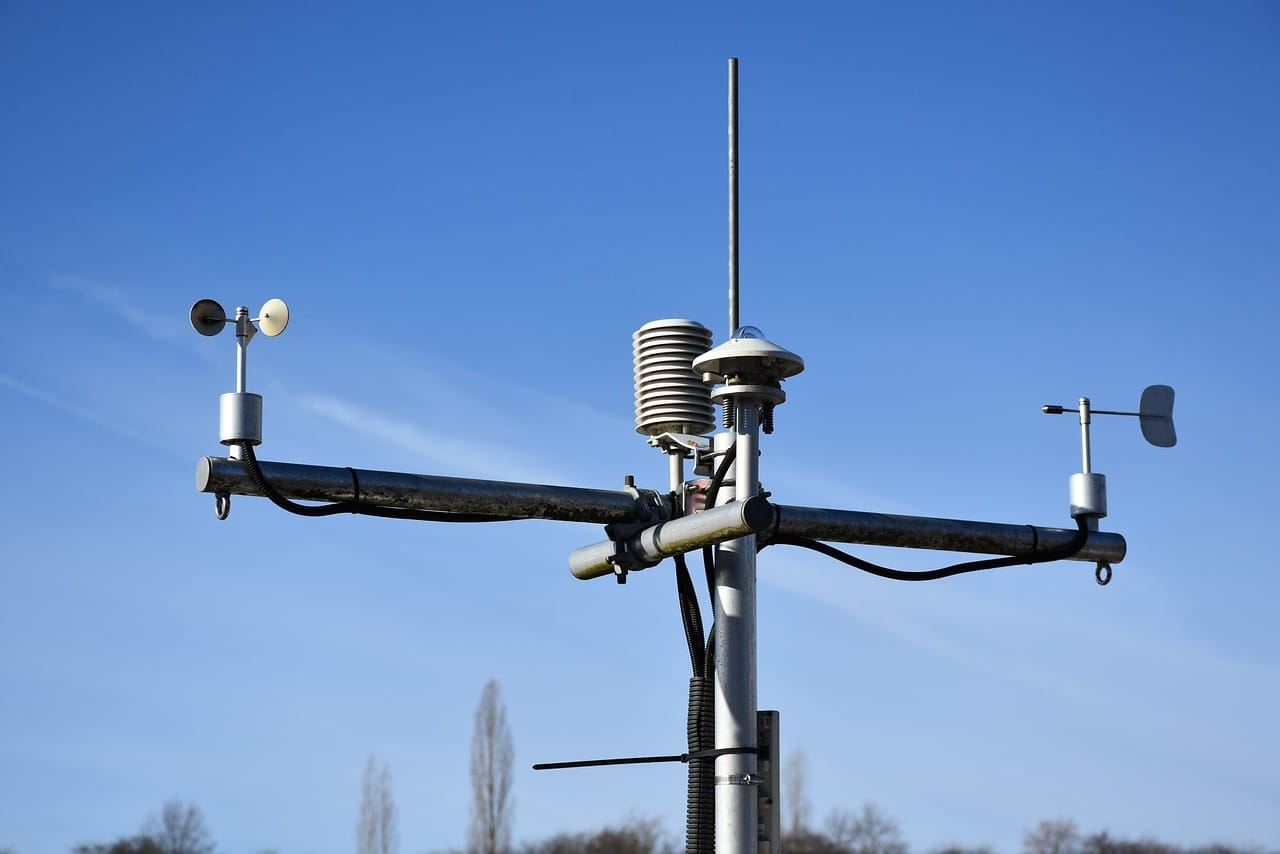The impact of quantum computing on weather forecasting

In an era of rapidly evolving technology and increasing data consumption, a new contender has appeared in the realm of computational power: quantum computing. This revolutionary technology has the potential to redefine our current understanding and approaches to data processing, including in the realm of weather forecasting.
This article will shed light on how quantum computing can enhance weather forecasting, its potential benefits and challenges, and the future outlook of this technology in the meteorological domain. Let’s dive in!
Also read : How are autonomous robots improving warehouse logistics?
Quantum Computing: A New Era of Computational Power
Quantum computing, while a relatively recent term to the general public, has been a concept in the science and tech world for quite some time. It is based on quantum mechanics, a branch of physics that deals with particles at the atomic and subatomic level, where the traditional rules of physics cease to apply. Quantum computers, unlike their classical counterparts, use qubits instead of bits to process data. This allows them to carry out numerous computations simultaneously, hence providing immense computational power.
The use of quantum computers in weather forecasting has been a topic of interest among scientists, particularly due to their ability to process large amounts of data in real time. Given the increasing complexity of weather patterns due to climate change, the ability of quantum computers to solve nonlinear differential equations could significantly enhance the accuracy of weather prediction.
In parallel : Nanobots in medicine: a new frontier in healthcare
The Potential of Quantum Computing in Weather Forecasting
Weather forecasting is a complex process that involves the monitoring of countless variables and their interplay. Classical computers, while capable of handling large amounts of data, struggle with the vast complexity involved in modeling weather events.
Enter quantum computers. These machines can model complex weather systems by accurately solving the equations that classical computers struggle with. Furthermore, they can do so at a speed that allows for real-time forecasting, something that is currently unachievable with classical computer technology.
Imagine being able to predict a hurricane’s path with precision, or knowing the exact time and place a tornado will touch down. This could save countless lives and significantly reduce the damage caused by severe weather events. Additionally, more accurate weather predictions could help farmers plan their crops better, leading to increased food security.
Challenges and Limitations
Despite the exciting potential of quantum computing in weather forecasting, it’s important to acknowledge the challenges and limitations of this technology.
Firstly, quantum hardware is still in its nascent stage. Quantum computers require extremely low temperatures to operate, making them currently impractical for widespread use. Additionally, quantum algorithms, which are the backbone of quantum computing, are still being refined and it’s a process that will take time.
Secondly, while quantum computers excel at processing vast amounts of data, they must be fed the right data. Weather data collection is an ongoing challenge, with many remote areas of the world underrepresented.
Lastly, there’s the issue of integrating quantum computing into our current weather forecasting models. It’s one thing to have a powerful tool; it’s another to effectively utilize it.
The Future Outlook
So, how will quantum computing shape the future of weather forecasting? That’s a question that scientists like Matt Swayne have been pondering.
Quantum computing could provide the necessary computational power to forecast the future state of our weather and climate with unprecedented accuracy. This could have profound implications for our understanding of climate change and how we can mitigate its impacts.
Moreover, as machine learning continues to evolve and integrate with quantum computing, we could see predictive models that can learn and adapt from historical weather data, leading to even more accurate predictions.
In conclusion, the impact of quantum computing on weather forecasting could be tremendous. While there are still many challenges to overcome, the potential benefits are too great to ignore. As we continue to refine quantum algorithms, develop quantum hardware, and improve our data collection methods, we may soon see a new era in weather prediction.
The prospect of accurately predicting weather events in real time, from everyday weather patterns to severe weather events, could be a reality in the not-so-distant future. And as we grapple with the realities of climate change, it’s a future that we desperately need.
